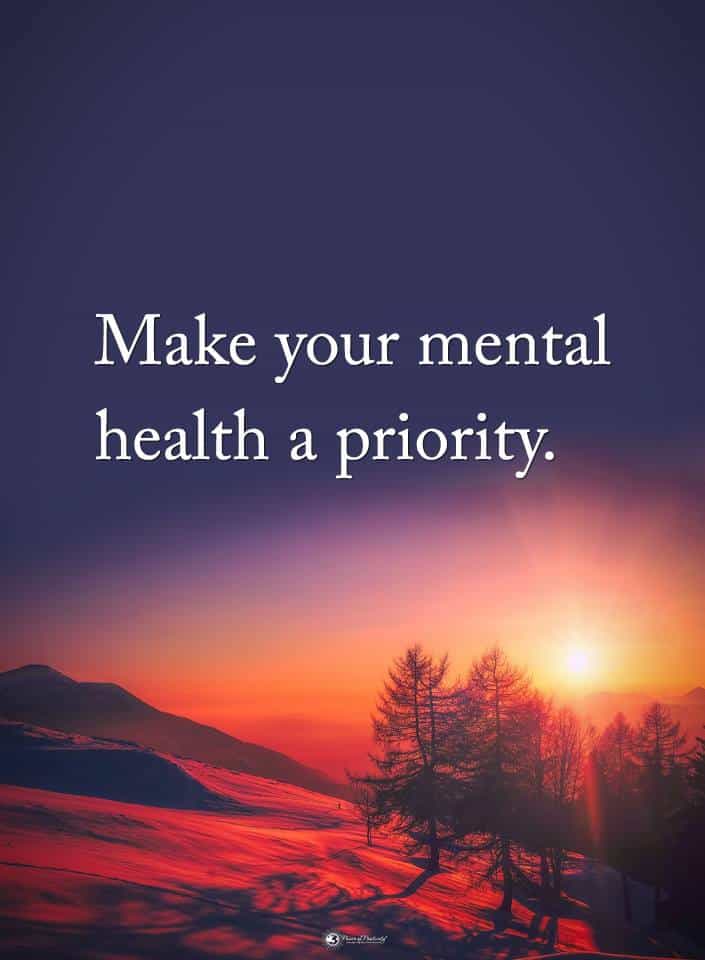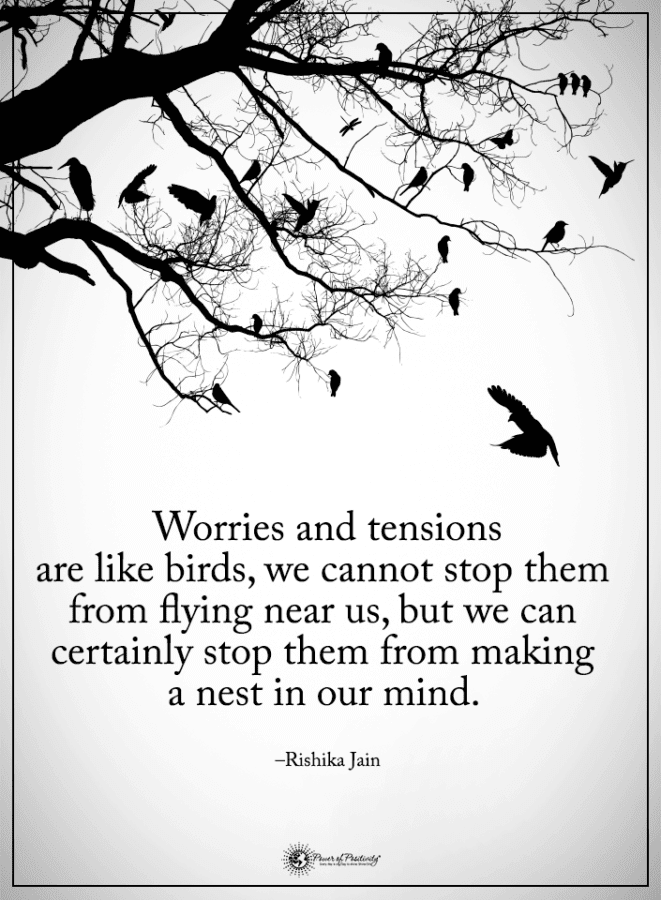Many of us today are on tight budgets due to rising costs of, well, pretty much everything. So, naturally, this means we spend less on entertainment and other “frivolous” expenses so that we can cover our basic needs. This might sound depressing, but hear us out.
Just because you don’t have much disposable income doesn’t mean you can’t still show your partner you love them at home! In fact, after a long day at work or school, a quiet night in might be just what the doctor ordered.
Relationships benefit from this one-on-one quality time as well, because it allows two people to bond and have fun without the strain of spending money, getting from point A to point B in traffic, etc.
So, if you’ve been looking for some unique things to do with your partner that don’t require you to go anywhere, look no further!
Here are 25 ways to show your partner you love them (without going out):
1. Give them a massage.
I mean really, who would ever object to that?! You can even add in their favorite massage oil or lotion for extra relaxation.
2. Have a movie night (with awesome snacks, of course).
It is as easy as 1, 2, 3.
- Grab your favorite movies, or look up some on Netflix
- Prepare snacks such as popcorn or candy.
- Cuddle up and enjoy!
3. Make a blanket fort.
Who says adults can’t have a little fun, too?! Better yet, bring your laptop and snacks in the blanket fort to have movie night!
4. Cook a new recipe together.
What better way to show your partner you love them than create a delicious meal together from scratch?
5. Set up your tent and go camping!
No one said you can’t go camping in your living room, so why not pretend you’re in the great outdoors with all the comforts of modern living?
6. Make your hunny breakfast in bed.
Pancakes, an omelette, french toast…the possibilities are endless, and your partner will surely appreciate the gesture.
7. Color!
Ever seen those “adult coloring books” that have all sorts of cool designs in them? They are meant to be meditative and get you to focus on one thing at a time, and you’ll get to relive a part of your childhood all over again!
8. Have a candlelit dinner.
Put that delicious meal from point #4 on a table with a couple lit candles and maybe put on some romantic music. This makes for a nice ambiance and will really set the mood as well.
9. Take a relaxing bath together.
Add in your favorite essential oils or maybe some Epsom salt, and both of you can destress and smell great, too!
10. Buy some body paint and turn each other into works of art!
They even make glow in the dark kinds now!
11. Play boardgames!
I’m sure you have a few boardgames lying around, so why not wipe the dust off them and get to playing?!
12. Bake dessert together.
You can’t really cook a nice meal without having a sweet treat to wash it all down with. Even if it’s just pre-cut cookies, that’ll do the job just fine.
13. Do a puzzle.
Go to the boardgame section of any big store, and you’ll see dozens of choices ranging from 150 to 1,000+ piece puzzles. Take your pick!
14. Have an at-home karaoke night!
You don’t even need a microphone; just put on some music and sing your heart out.
15. Write your partner a poem.
Nothing says “I love you” like a handwritten poem straight from the heart.
16. Do yoga together.
Just search “couples yoga” on YouTube, and pick whichever one you’d like. There are tons to choose from.
17. Have an at-home spa day.
Grab some face masks, pedicure and manicure items, foot and hand scrubs, and massage oil beforehand, and enjoy some pampering together!
18. Learn something new together.
You can use YouTube to get ideas – maybe you both want to learn how to draw, sew, play the guitar, etc. Spend the evening learning together and show off your newfound skills!
19. Play card games.
If you have an old deck of cards somewhere, grab them and play poker, blackjack, or whatever card game you like.
20. Play video games.
Call of Duty, Mario Kart, Donkey Kong; whatever floats your boat!
21. Make hot chocolate, grab some blankets, and stargaze.
What a romantic evening indeed.
22. Do crafts together.
Maybe make something that you need around the house. You’ll feel good about it because you made it yourself!
23. Order in food.
Not in the mood for cooking? Just get some takeout and take away the hassle.
24. Just cuddle and talk.
No need to get fancy; just make things simple and enjoy each other’s company.
25. Plan a trip together.
Get out a pen and paper and start planning a big adventure!









